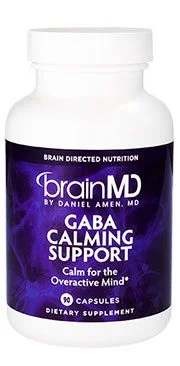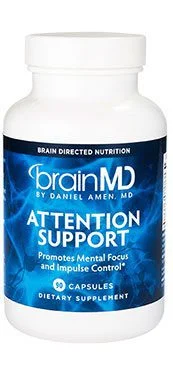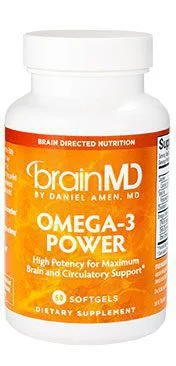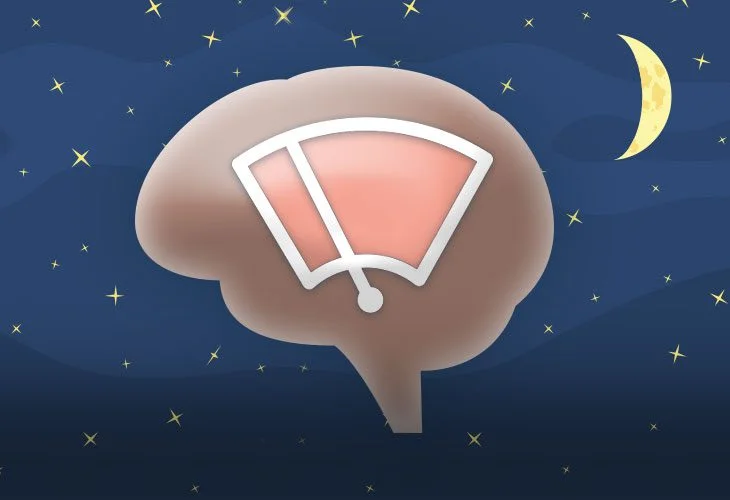“Fall Back” Basics: How to Increase Your Vitamin D This Winter Season!
“Fall Back” Basics: How to Increase Your Vitamin D This Winter Season!
We’re rapidly approaching the end of Daylight Saving Time (DST), when clocks will “fall back” an hour and give millions of Americans an extra 60 minutes of shut-eye. At least, in theory.
In reality, many people don’t, or can’t, take advantage of the extra hour of sleep. They may see the bonus hour as a prime opportunity to binge-watch another episode of their favorite TV show. Or, they might have problems adjusting to the new sleep schedule and end up wasting the added time tossing and turning.
The Internal Clock
Even though we gain precious minutes of sleep, turning back time can disrupt our circadian rhythm, the internal clock that helps regulate our sleep. While the fall time change adds an hour to our day, our body may wake at the usual time, which will counter the supposed gain. We might also feel sleepy earlier in the evening, an hour before our regular bed time. It’s a phenomenon similar to jet lag – our internal clock isn’t in synch with the external clock on the wall or nightstand.
Harvard Health reported that it can take a week or more for our bodies to adjust to the time change. Even the relatively small 60-minute adjustment can have negative effects on the body, health and even traffic safety!
Sadly, the fall time change can affect more than just our sleep…
The Winter Blues
Many people feel lethargic, fatigued, and moody during the cold, winter months. Some write off these signs and behaviors as just feeling down. Since many don’t believe they need to do anything about it, they don’t take proper care of themselves.
As the weather changes, and your normal routine is thrown out of whack by the time change, your brain’s serotonin activity can decrease. As the brain neurotransmitter that plays a major role in outlook, the lowering of serotonin activity often is linked to low mood. Also, since serotonin is the starting molecule for the brain’s pineal gland to produce melatonin, our main sleep hormone, changes in serotonin activity can rob us of quality sleep.
Though falling back gives us an extra hour of sleep, the tradeoff is that the darker months can negatively affect our mood and sleep patterns. With less sunlight, it becomes increasingly important to get adequate levels of vitamin D during the winter months.
Increase Your Vitamin D During the Winter
Vitamin D, also referred to as the “sunshine vitamin,” is now known to be crucial for the brain’s functioning and maintenance. After it’s made in the skin as vitamin D3 (cholecalciferol), it becomes converted, first by the liver then by the kidneys, into a powerful hormone that regulates not only the brain but the heart, circulation, gut, liver, pancreas, immune system, and practically all our tissues. Among its many benefits, vitamin D3 promotes the actions of serotonin, dopamine, and other key brain neurotransmitters.
Unfortunately, many Americans – even those who eat a good diet – are functionally vitamin D deficient. Though definitions of vitamin D deficiency can vary, experts agree that it has nearly reached epidemic status: one research study found that in the U.S., 70% of all adults and 67% of children, aged 1-11, don’t have adequate levels of vitamin D.
Vitamin D deficiency has been associated with illness in winter, when the skin gets less sunshine and makes less vitamin D. In fact, there is research linking vitamin D deficiency to over 200 health concerns. Among these is that low levels of vitamin D have been associated with mood challenges and difficulties with sociability, attention, memory, stress and anxiousness.
If you’re concerned that you or a family member aren’t getting enough vitamin D, you should consider supplementation.
Vitamin D3 5000 IU
BrainMD’s Vitamin D3 5000 provides sufficient vitamin D3 to raise your tissue levels into a healthy range within a short time period, while being completely safe to take long-term. Clinical research has established that taking this safe dose of vitamin D3 daily works better than taking high doses every few weeks or getting a very high dose by injection.
Intensive clinical and scientific research continues to make incredible discoveries about this vitamin – hormone. Vitamin D3 is clearly established as having powerful and extremely versatile effects on health and well-being. In the past two decades, researchers have confirmed its favorable effects on healthy gene regulation, calcium metabolism, cell growth control, hormone balance, and coping with stressful challenges. Vitamin D3 promotes:
- healthy mood
- immune response
- cognitive function
- cardiovascular health
- muscle and bone strength
- overall brain health
The current U.S. Daily Value recommendation is 400 IU, but experts agree this is well below the physiological needs of most individuals and suggest 2,000-10,000 IU daily. BrainMD’s Vitamin D3 5000 raises your levels on just one softgel a day.
If you typically have a hard time adjusting to the DST time switch, vitamin D3 can help you get into a new rhythm and beat the time change blues!
What Others Are Saying
“Winters are long and cold out here, this product really helped me get through this last one. I’ve had struggles with my mood during the long winters in Wisconsin. I must say, this last one was the easiest one yet! I have so many new things riding on my shoulders and yet I didn’t fall victim to the normal winter blues that I usually deal with. I will order it again this coming winter.” -Mark
At BrainMD, we’re dedicated to providing the highest purity nutrients to support your brain health and overall well-being. For more information about our full list of supplements, please visit us at BrainMD.
 |
 |
 |
 |
 |
 |
 |
 |
 |




